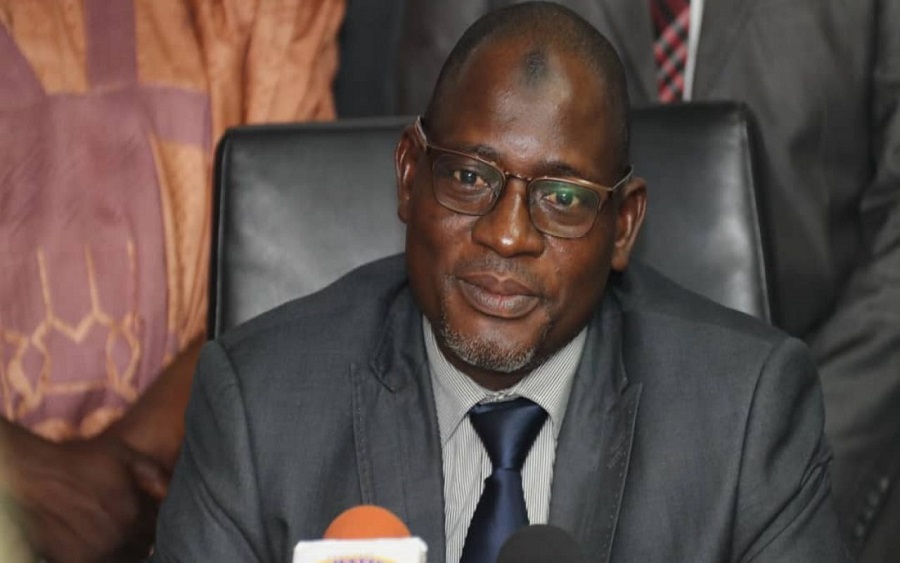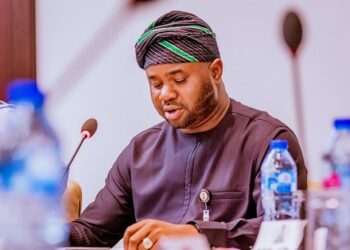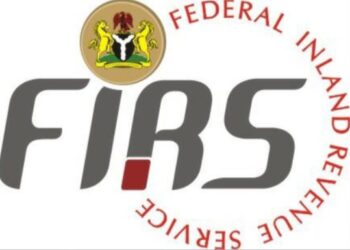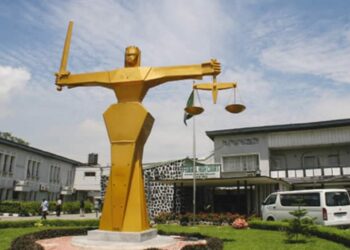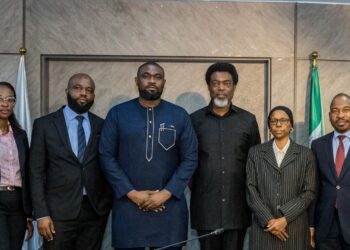In a bid to track all tax evaders and defaulters in the country, the Federal Inland Revenue Service (FIRS) has launched a national intelligence gathering system.
The Executive Chairman of FIRS, Muhammad Nami made this known during a visit to the Chairman of the Independent Corrupt Practices and Other Related Offences Commission (ICPC), Prof. Bolaji Owasanoye.

This move would help FIRS prevent tax evasion by gathering data that will expose defaulters and bring them to book. According to Nami, the FIRS is currently restructuring its operations in order to surpass its 2020 revenue target.
Nami’s words: “The intelligence gathering system is Information and Communication Technology (ICT)-based and is being implemented in close collaboration with the ICPC and other anti-corruption agencies as well as financial institutions to tackle economy-based crimes, including money laundering.”
“The collaboration with the ICPC to track tax fraud and block all revenue leakages is to ensure that we raise the revenue for the government to fund its budget. We need the data and intelligence which you have to help us track tax evaders and bring them into the tax net,” the FIRS boss added.
(READ MORE: Businessman who alleges fraud in an N170 million FIRS contract, creates scene in court)
Speaking on the collaboration and new intelligence system, Owasanoye said the ICPC was open to the idea of sharing data with the FIRS in order to track tax evaders, defaulters and tackle illicit financial flow in Nigeria. He said that doing this would enable the government to raise its revenue profile in order to fund development projects.
Owasanoye added that the ICPC was doing its best to widen the tax net. According to him, whenever a commission comes across any tax non-compliant company, such companies are referred to the FIRS.
“We want them to be captured in the tax net so that they continue to pay their taxes,” he added.
What you should know: The FIRS has been taking compliance of tax seriously in recent times as it recently also disclosed plans to tax street traders, artisans and other jobs in the informal sector of the economy. The informal sector which isn’t taxed in Nigeria would now be brought into the tax net as the FIRS boss is trying to expand the government’s revenue base.

